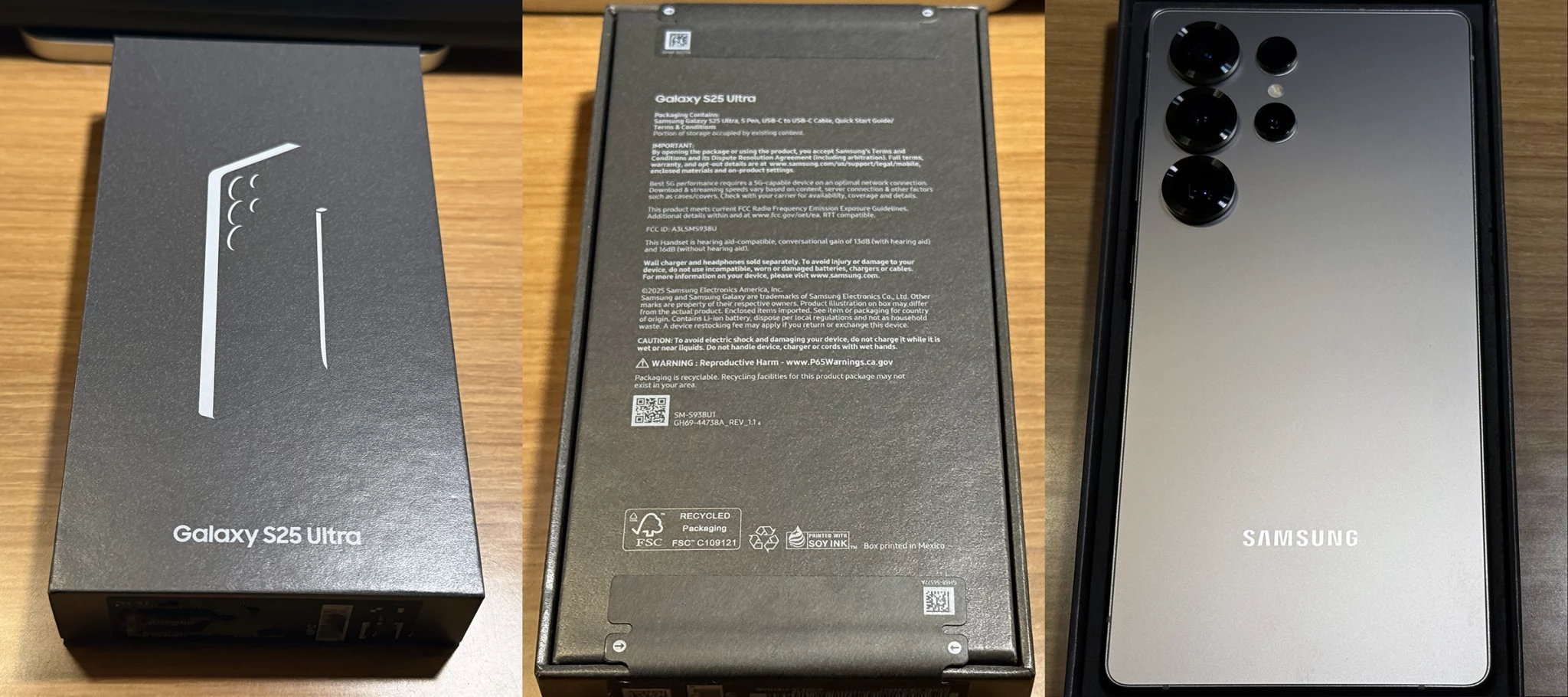“Charge Nightly” is the current PR language being used. As the article notes though, engineers are not happy with the uptime and will likely be attempting optimization. Additionally, the software part of the equation isn’t complete yet (as the hands on demo units were only running a pre-defined demonstration loop of actions and notifications; only the units Apple employees had, were functional within a limited set of demonstratable features).
As far as how Apple plans to monetize Apple Pay, that may occur from the interchange fees (these are the fees paid between banks to process card transactions).
Mastercard’s president Chris McWilton was asked a question about whether or not Apple Pay would be affecting their business and his response was no. He also crafted a clever response to continued prodding; that as far as Mastercard is concerned, the network charges are still the same and that any questions as to how Apple is going to make money, needs to be addressed to them.
This is why this Bloomberg report makes potential sense; that Apple may have negotiated lower than usual transaction fees, and will be taking a cut from the swipe (interchange) fee. But as Apple CEO Tim Cook noted during the presentation, part of why they are doing this to make the entire payment process easier/more secure for iPhone/Apple Watch users (whether or not, Apple Pay will later expand to non-Apple device users, remains to be seen) instead of taking an approach of how they can best maximize the amount of money they can make.
Apple naturally declined comment when queried by Bloomberg about the terms of deal with the banks. From the banks perspective, they see additional business from iPhone based Apple Pay transactions (where their respective companies cards, will be stored securely in Passport). Apple made it clear in this developer document that customers, merchants, and developers will not be charged for transactions. And Apple does not operate their business on a negative profit margin (loss leader) model.



